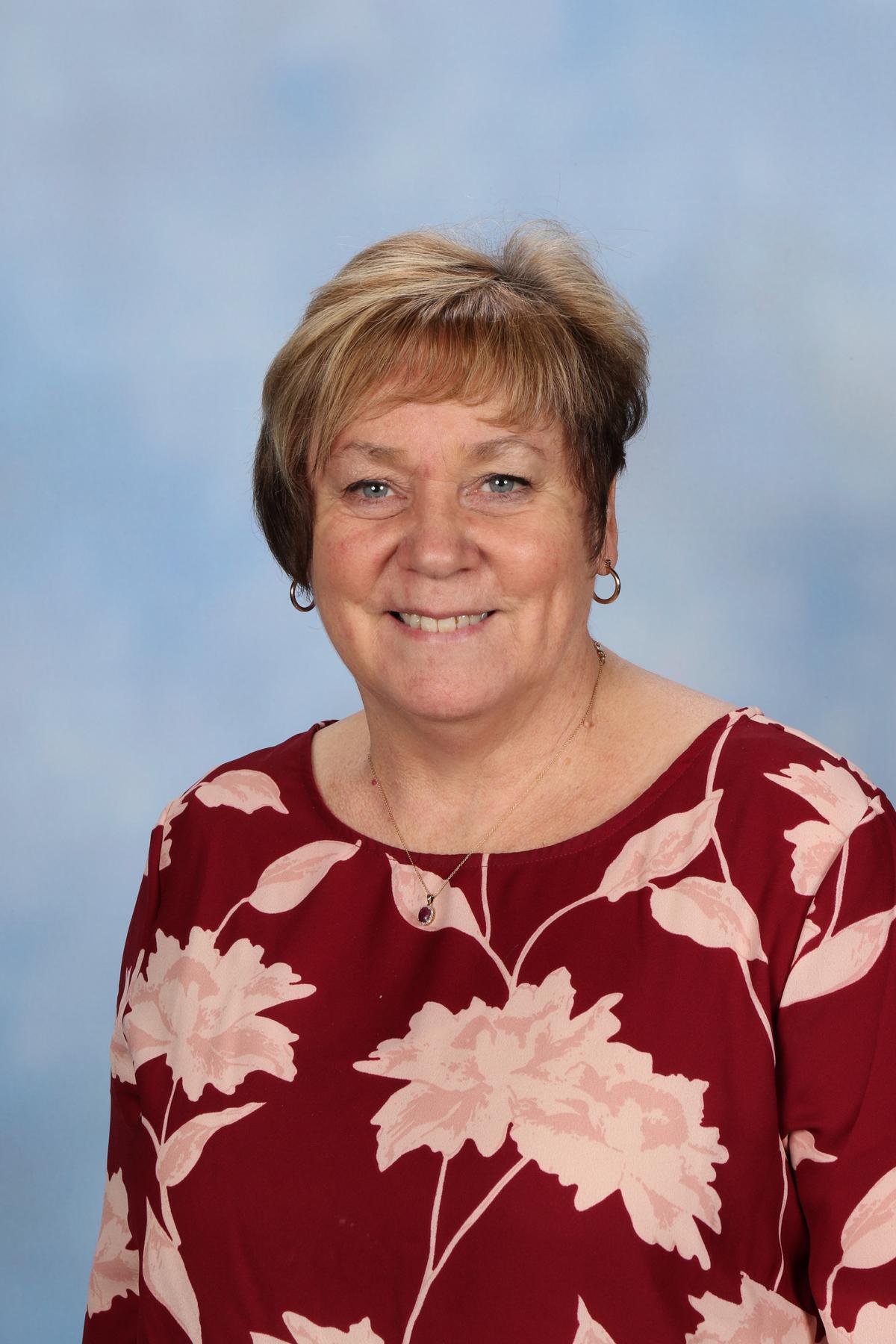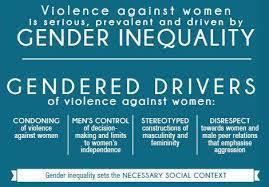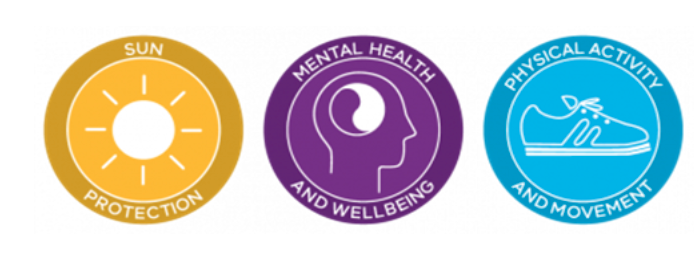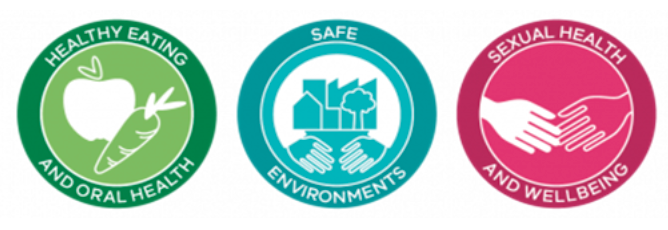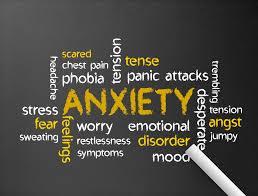Wellbeing Report

Introducing our Chaplain – Glenda Noordam
Glenda has been a Chaplain for over 10 years, serving at Lowanna previously and a year at Nilma Primary School. Prior to this, Glenda worked at various primary schools in NSW and Victoria as a student and teacher support.
Glenda has a background in counselling and her ‘other hat’ is that of a minister in a local church. Other training through Korus Connect covers Responding to Crisis, Psychological First Aid, Grief and Loss training and other pertinent aspects of Chaplaincy, Youth & Adolescent Mental Health and Pastoral Care.
Glenda loves being part of the Wellbeing team at Lowanna, offering Pastoral Care, Mental Health & Emotional support. Glenda facilitates small groups for girls and boys with a strengths-based approach to wellbeing, self-esteem, resilience, dealing with stress, building up confidence and managing emotions. Glenda is also a trained Seasons for Growth companion, which is a program designed to support young people through change, grief and loss.
Breakfast Club Update
A reminder that Breakfast Club is available to students each Tuesday and Thursday morning from 7.45am to 8.20am. We encourage students who have not had a bite to eat to come along and get some toast and a hot milo.
The breakfast club team of helpers are also looking for anyone who would like to volunteer their time, one or both of the days we provide breakfast club. Please let the Wellbeing team know if you can help out. We also love donations to go towards breakfast club – Margarine, Cheese Slices and Milo are the things we would greatly appreciate.
Respectful Relationships Update
We had a busy term 2 with the start of our journey as a Respectful Relationships Lead School. We had an all staff briefing and students also had a briefing in home groups about this important work. This was followed by an Awareness Day where we had a guest speaker talk to year 10, 11 and 12 VCAL students about gender equality and her experiences of being bullied and sexually harassed. Students engaged well with some students showing a good insight in the discussion. The work this term was mostly around introducing Respectful Relationships and developing an understanding of gender equality, gender equity and respectful behaviours.
In term 3 and 4 we will be focusing on the four gender drivers of family violence and violence against women. These are –
- Condoning of violence against women.
- Men’s control of decision making and limits to women’s independence in public life and relationships.
- Rigid gender roles and stereotyped constructions of masculinity and femininity.
- Male peer relations that emphasise aggression and disrespect towards women.
We will be unpacking what these drivers all mean and discuss examples of how we see these drivers in our community.
Something that has come up since we have started this work is the question around ‘why the focus on women’ …. Students have commented …. “don’t men experience violence as well?” OR “why is it that men seem to always do the wrong thing and women don’t?”
These are valid comments/questions and it’s excellent to see that students are asking and able to reflect on what they know and see. We have provided feedback to students asking questions and will continue to do so throughout the year. Statistics and data is telling us that although we acknowledge that men experience violence and women can perpetrate different forms of violence in relationships, the large percentage of acts of violence is perpetrated by a man against a woman. We will be talking more about this as our work progresses.
Achievement Program Update
BENCHMARK NUMBER 1 ACHIEVED!!
I am pleased to say that Lowanna College have successfully achieved their first of 7 benchmarks in the Achievement Program. This was the Sun Protection benchmark. The Cancer Council and Achievement Program were satisfied that we as a school have successfully met the criteria to reach this benchmark after an audit was completed on how the school address this topic. We looked at policies, environment, resources, information sharing and uniform amongst other things to ensure we provide a sun protective environment for your children. In the coming couple of months we will be provided with our Achievement Program signage and first benchmark sticker 😊
We are now working on our second benchmark with a focus on Mental Health. The wellbeing team have been working very hard to support students in the education of and intervention of good mental health support. Earlier in the year Mr Chandler arranged for Mindful Australia to come and talk to some students. The wellbeing team currently have the support of Headspace and various mental health external supports. Glenda our chaplain is also running support groups for students who experience anxiety and have challenges within their friendship groups. We are continuing to have conversations about the supports we can offer and developing strong plans and processes to ensure the safety and good mental health of our students.
Anxiety- What is it? How can you help your child?
Adolescents can experience feelings of anxiety for things such as starting secondary school, fitting in with peers, exam stress, body image, sexual identity and family relationships. Worrying about these things doesn’t necessarily mean it’s a mental health condition. However, young people may need additional support if they experience:
- Being withdrawn, reluctant to participate in classroom activities or social situations
- Oversensitivity to feedback, being a perfectionist or fear of failure
- Missing classes or excusing themselves to go to the toilet on a regular basis
- Negative thinking and always expecting the worst
- Challenging behaviour – they may misbehave because they are unable to identify or express they are feeling anxious
What can you do?
- Give them the language to label how they are feeling
- Talk with the young person openly reassuring them that you are there to support them
- Help them to recognise the cues that they are becoming anxious (fast heart rate, sweaty hands, upset stomach, feeling the need to go to the toilet)
- Supporting them to consider strategies to manage those cues (deep breathing, counting backwards, thinking of a positive thing, agreeing on something fun to do on the weekend)
- If they are feeling overwhelmed, break down tasks into a step by step approach to minimise the feeling of being overwhelmed
- Talk with them about when they have successfully managed a situation where they have been anxious and encourage using this strategy again
- Help them to avoid things that make them anxious (scary movies, big groups, inappropriate gaming)
- Help them to recognise their own self talk and to develop some positive coping statements to avoid self defeating talk
There is no easy fix and I encourage you to try using these strategies consistently. What doesn’t work the first 2 times, doesn’t mean it won’t work the next time. Above all, listening and responding positively to your child will help – anxiety is minimised by strong support from important people in the young person’s life 😊
Have a wonderful break over the holidays and we look forward to seeing you in term 3.
Paul Fry
Wellbeing Leader

